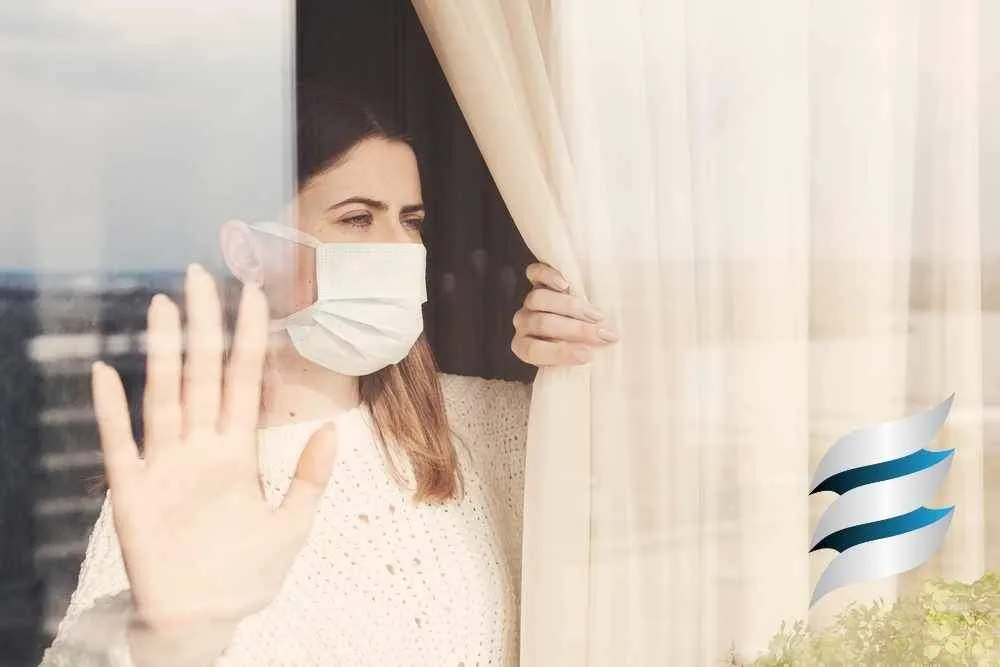Social Isolation
With the increase of staying indoors and working from home, it also increases the likelihood of social isolation. On one hand, it forces us to be more deliberate and thoughtful in our actions, because we can’t escape into the busyness of the world like we used to. Even the busiest individuals have to plan out ahead more than before to get things done. This extra effort, in some ways, helps us to prioritize what we actually value and desire instead of mindless action. On the flipside, too much social isolation can lead to rumination, anxiety and depression, declined cognition, and poor health especially for those who are living alone.
The Science behind Social Isolation
social isolation has been linked to anxiety, depression, poor physical health (including obesity), decreased cognitive functioning, poor sleep quality, and increase mortality rates. This is because, humans as a species, are very social and group centric. Our brains are wired to interact with other people, to varying degrees. In fact, even the introverts struggle. Some studies found that introverts had a higher rate of depression, anxiety, and loneliness due to COVID-19 circumstantial changes.
How to Combat Social Isolation
Although the current circumstances make it more difficult to get out and socialize, there are several alternative avenues:
- Have a very small gathering of your inner circle.
- Call a friend or a family member
- Go to virtual meetups
- Get a pet
- Go outside and exercise
- Work towards a social cause
References
https://www.the-scientist.com/features/how-social-isolation-affects-the-brain-67701



